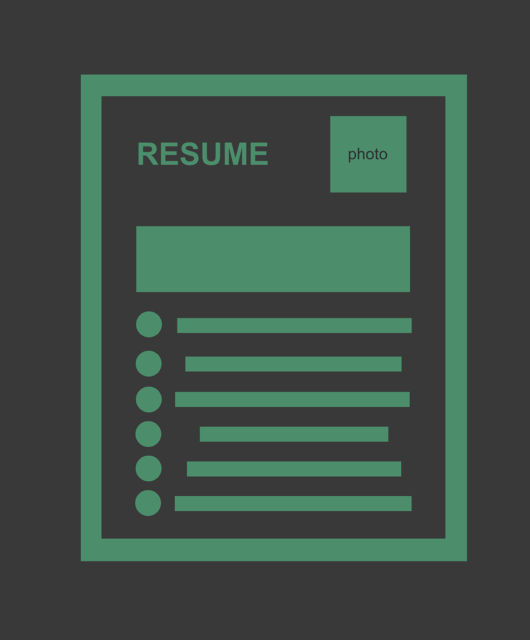What Is Income Protection Insurance?
 Many workers wish to be financially sustainable enough to keep up with their lifestyles during retirement. But what happens if your working age is cut short by an unfortunate accident or sudden illness? Can you keep up with mortgage debts and rent? Income protection can be a great answer to these questions for any individual, especially in Australia where half a million workplace injuries happen each year. This guide gives more details about income protection.
Many workers wish to be financially sustainable enough to keep up with their lifestyles during retirement. But what happens if your working age is cut short by an unfortunate accident or sudden illness? Can you keep up with mortgage debts and rent? Income protection can be a great answer to these questions for any individual, especially in Australia where half a million workplace injuries happen each year. This guide gives more details about income protection.
What is income protection insurance?
Income protection insurance is an insurance policy that pays financial claims to policyholders if they lose their jobs due to an injury or illness. Income protection insurance policies can pay customers until their death or retirement when they become eligible for retirement benefits. Other providers can pay out until the customer is declared fit to resume work. Income protection insurance differs from critical illness policies and payment protection insurance. Payment protection insurance covers a policyholder’s debts, and all payments go to the lender.
Income protection pays part or all of your lost income during an illness so you can focus on getting better. Income protection insurance is gradually gaining ground in Australia. About 33 percent had income protection insurance in 2017, and the number is likely to increase, as the industry’s average acceptance rate for claims exceeded 94 percent in 2020. The Australian insurance market offers various options for potential customers to choose the best income protection insurance policy. Due to the convenient registration process, choosing providers like iSelect income protection insurance options can be a good idea.
Why do you need it?
Companies have different standards in dealing with their work injury-affected victims. Many companies are unlikely to support their sick staff for more than a year. Having income protection insurance can be a great way to avoid out-of-pocket medical expenses if you end up in such a situation. Also, experts believe income protection can significantly benefit self-employed or small business owners with no access to sick or annual leave perks. Income protection insurance can be a great option if such people don’t want to jeopardize their family’s future or become a burden to family members and dependents.
What does it cover?
Income protection insurance policies primarily make regular payments to policyholders. Your income protection policy can replace up to 70 percent of your lost income. For you to be eligible for income protection policy benefits, policyholders must be incapacitated longer than the policy’s waiting period. Therefore, it’s essential to assess your insurance and your policy’s conditions before making your final insurance decisions.
What are the different policy types?
You can find several insurance products on the market today. However, income protection policies come in three main types: accident, sickness, and unemployment; payment protection insurance; and mortgage protection insurance. Depending on the policy’s conditions, payment protection insurance policyholders can receive benefits for up to two years or more. Payment protection transactions do not go to policyholders. Insurers pay all or part of your outstanding loans directly to your debtors.
Payment and sickness protection policies work similarly to payment protection insurance. The underlying difference is that accident and sickness protection policies may not be tied to a specific debt. Mortgage payment protection insurance protects you and your dependants from mortgage debts if you end up in an unfortunate situation forcing you out of work. Some insurers can bundle all three for comprehensive protection.
All in all, living a financially sustainable life means finding alternatives during the uncertainties of life. Today’s world has become uncertain for several individuals in Australia and other parts of the world due to the coronavirus pandemic. Getting an income insurance plan can be a great way to guarantee your peace of mind in times of any accidental death or illness.









